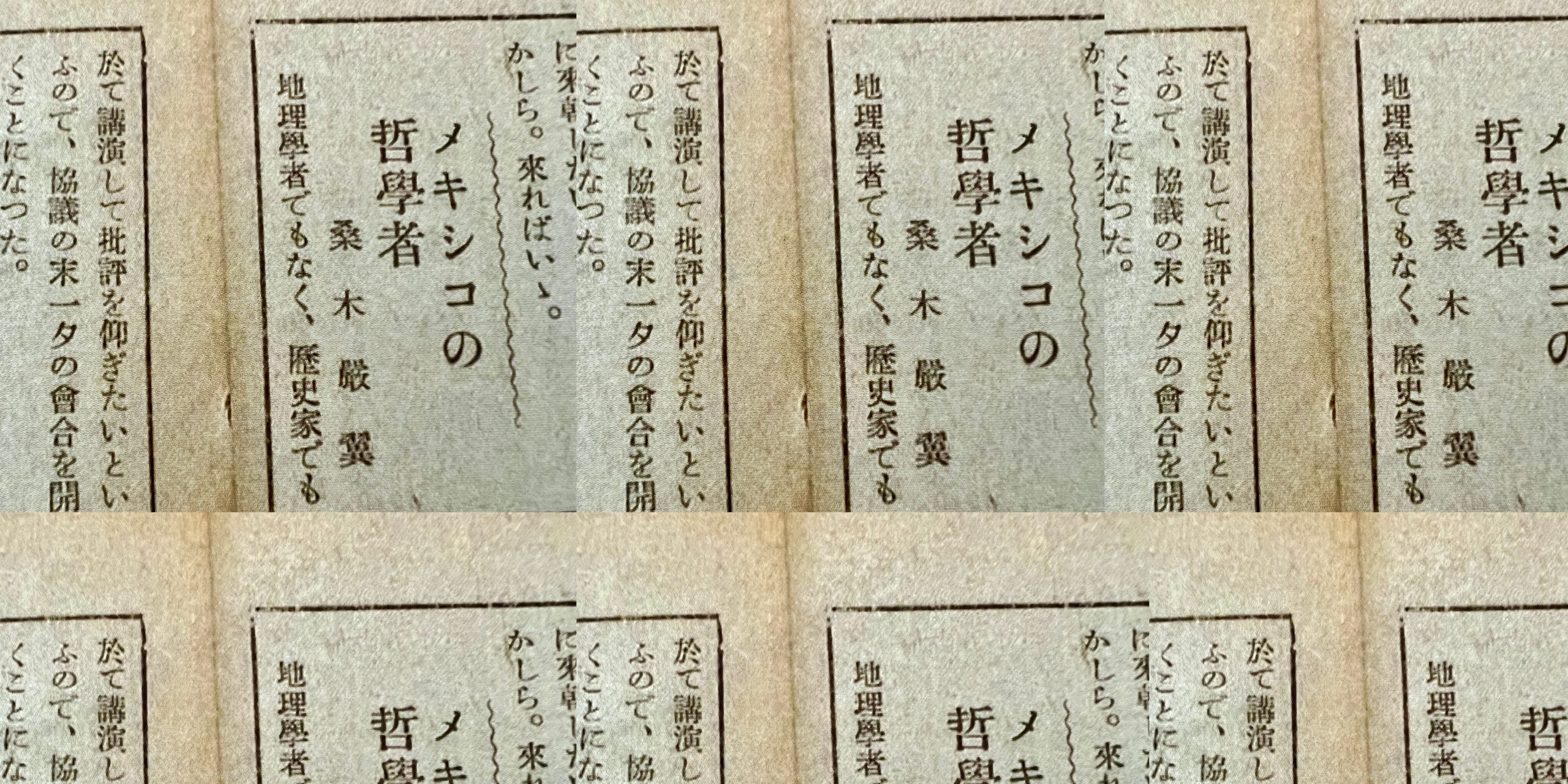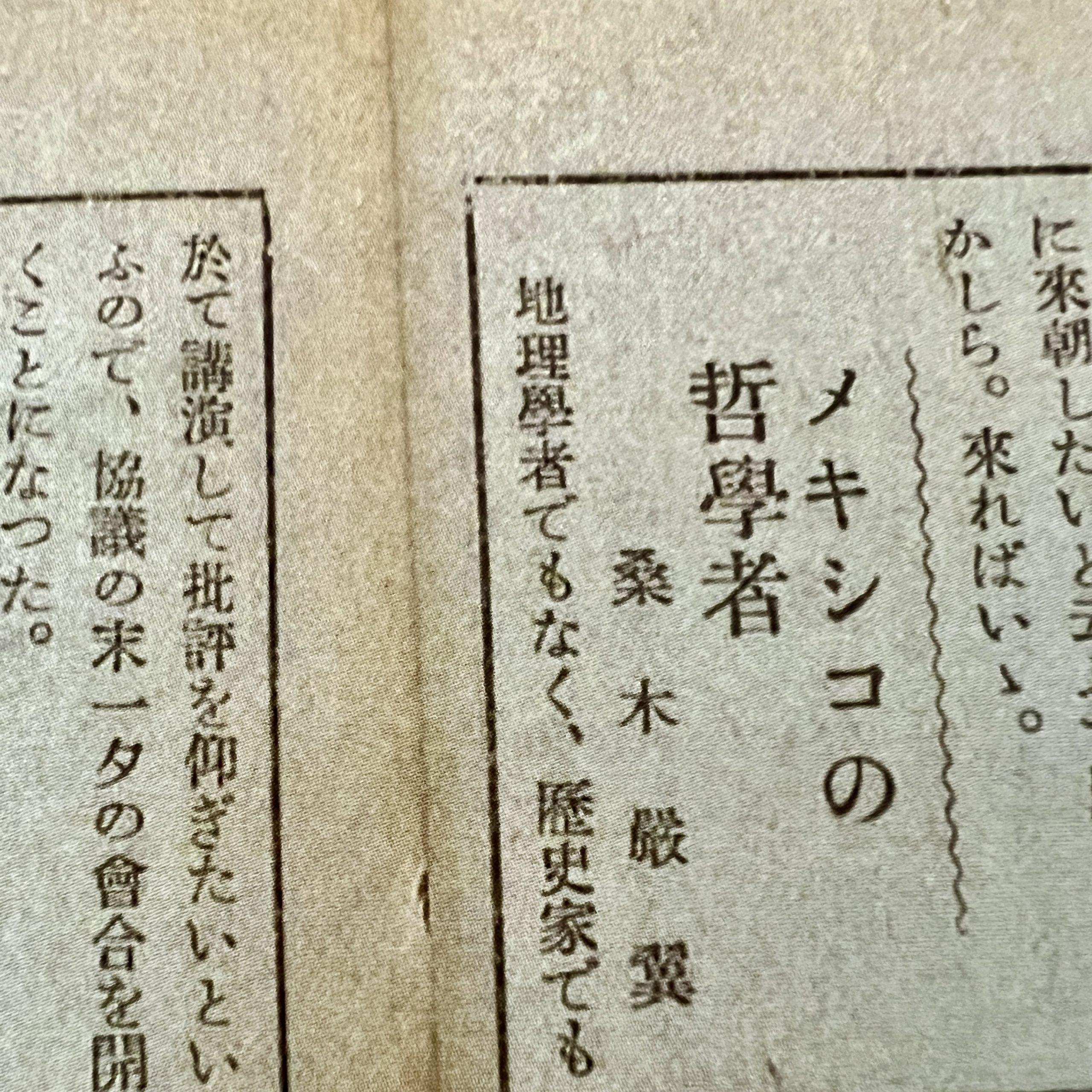Transpacific Nonencounters: The Obfuscated Legacies of Racial Settler Colonialism Across Twentieth Century Japan and Mexico
Andrea Mendoza
Literature
UC San Diego
“Transpacific Nonencounters” interrogates the resonances across the seemingly unrelated development of discourses on race and racism in Japan and Mexico within intellectual and cultural productions from the early-to-mid- twentieth century. Going beyond discussions about the diasporic connections between Japan and Mexico, I put forward a new perspective that draws together cultural, political, and philosophical ideas that shaped Japanese imperial and Mexican settler colonial nationalisms by revealing how these ideologies engendered transpacific theories on race that were symptomatic of the dilemmas of racial supremacy in the modern world order. The manuscript draws on decolonial, feminist, and critical race theorists’ critiques of the erasures of racial and colonial violence in the universalizing logic of modern nation-building to develop a hermeneutic of nonencounter and examines the role of Area Studies in effacing and dividing global and interconnected historiographies and formations of racism, settler colonialism, and imperial nation-building. Theorizing nonencounter as a construct of disciplinary division rather than a condition of empirical disconnection, “Transpacific Nonencounters” thus proposes a critical comparative and transnational framework that unsettles the priority of encounter and relation to attend to moments of resonance in the archives of transpacific racial ideologies and how later cultural productions contend with their obfuscated legacies. By tracing the transpacific nonencounters within the racial underpinnings of national modernity in Japan and Mexico, I offer a way to critically confront the enduring conditions of racism and colonial dispossession in the global present.
Image credit: National Diet Library of Japan archives.


